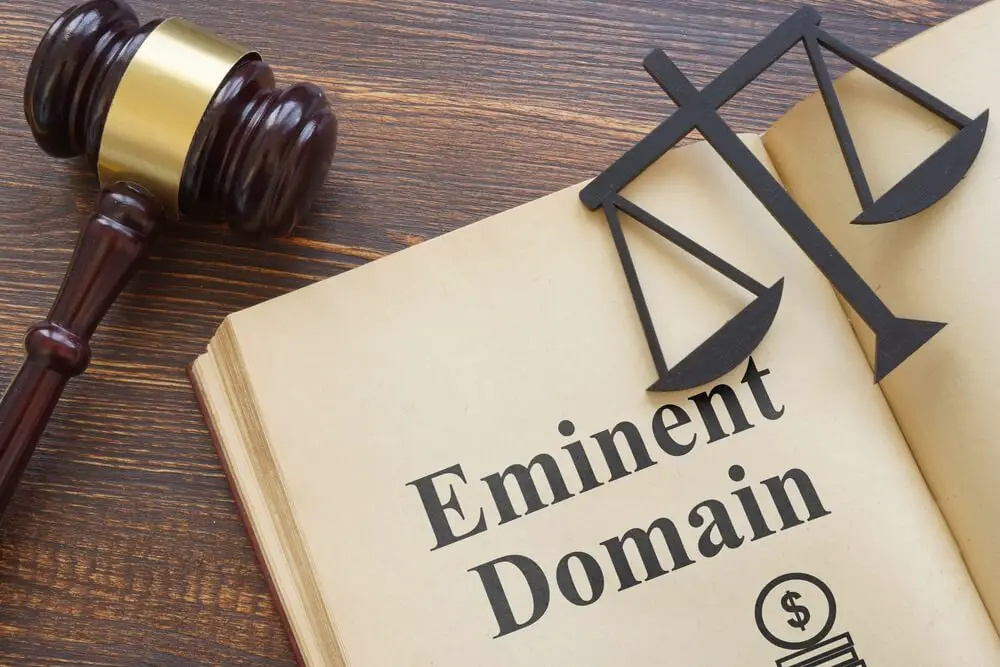In today’s complex legal landscape, it’s crucial to grasp the concept of eminent domain and its implications for property owners. Eminent domain is a powerful tool wielded by the government, allowing it to acquire private property for public use. Let’s delve deeper into what eminent domain entails and how it can affect you as a property owner.
What is Eminent Domain?
Eminent domain, also known as condemnation or expropriation, is the inherent power of the government to seize private property for public use. This authority is derived from the Fifth Amendment of the United States Constitution, which mandates that private property cannot be taken for public use without just compensation.
When Can the Government Use Eminent Domain?
The government can exercise eminent domain in various scenarios, including:
- Infrastructure Development: Projects such as building highways, bridges, airports, or public utilities may require acquiring land through eminent domain to ensure progress and development.
- Urban Renewal: Revitalization efforts in blighted or economically distressed areas may necessitate the acquisition of properties to facilitate redevelopment and improve communities.
- Public Services: Acquiring land for schools, parks, hospitals, and other essential public facilities is often justified under eminent domain to serve the greater good.
Your Rights as a Property Owner
While the government possesses the authority to take private property through eminent domain, property owners are entitled to certain rights and protections:
- Just Compensation: The Fifth Amendment ensures that property owners receive fair market value for their property when it is taken through eminent domain. Compensation should reflect the property’s highest and best use, taking into account factors such as location, size, and potential for development.
- Due Process: Property owners have the right to due process, which includes notice of the government’s intent to acquire their property and the opportunity to challenge the taking in court if they believe it is unlawful or unjust.
- Negotiation and Settlement: Property owners have the right to negotiate with the government regarding compensation and other terms of the acquisition. In some cases, reaching a mutually agreeable settlement can avoid the need for litigation.
Navigating Eminent Domain Proceedings
If you find yourself facing the prospect of eminent domain, it’s essential to understand your rights and options:
- Seek Legal Counsel: Consulting with an experienced real estate attorney who specializes in eminent domain can help you understand your rights, navigate the legal process, and advocate on your behalf.
- Document Your Property: Keep detailed records of your property, including appraisals, surveys, and any improvements or unique features that may affect its value. This documentation can be instrumental in negotiating fair compensation.
- Participate in Proceedings: Attend meetings, hearings, and negotiations related to the eminent domain process to ensure your voice is heard and your interests are represented.
Conclusion
Eminent domain is a complex legal concept with far-reaching implications for property owners. By understanding your rights and options, you can effectively navigate eminent domain proceedings and protect your interests in the face of government acquisition. Remember, knowledge is power when it comes to safeguarding your property rights in today’s dynamic regulatory environment.







Leave a Reply